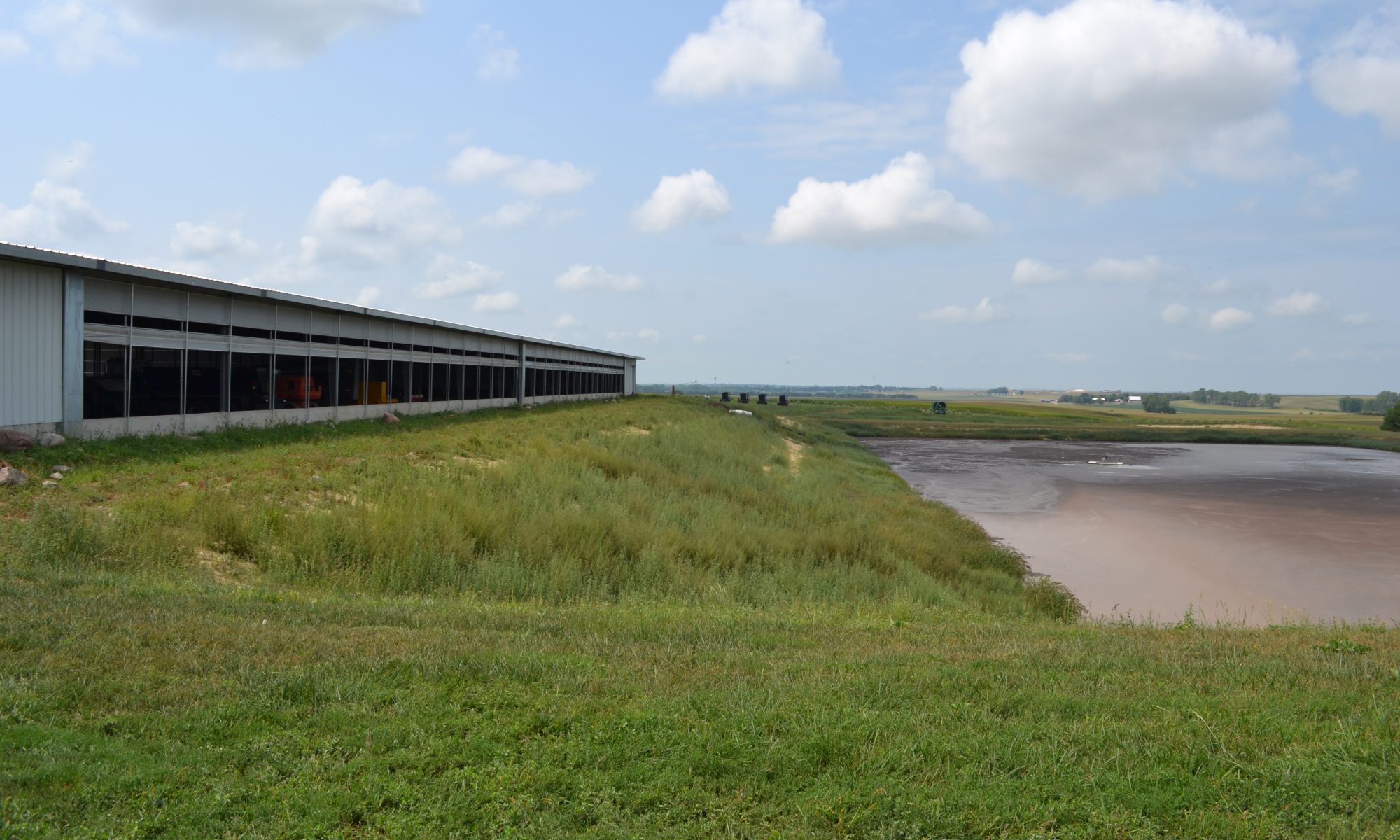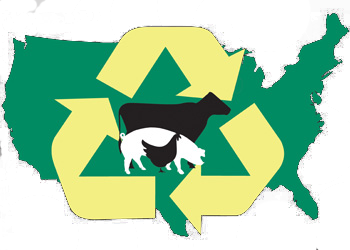The Navigating Agriculture through the Water-Energy-Food Symposium was held in Austin, TX on November 19, 2015. The symposium was organized by David Smith (dwsmith@tamu.edu).
The videos listed below are in the same order as they appear in the embedded playlist to the right. The direct link to each video is provided if you wish to go directly to a presentation.
Opening Remarks
There is a lot that cannot be predicted, but we need to plan nonetheless. Government’s role is to be in the background and ensure that social justice needs are met. https://youtu.be/iT27yd37bIo
Texas State Rep. Tracy O. King, District 80, Chairman—House Agriculture and Livestock Committee, Member—Natural Resources Committee
Water-energy-food nexus—applications for agriculture communities
The Nexus Platform Tool allows users to examine the water gap in Texas. Planners are looking at different scenarios in order to anticipate bottlenecks and needs and prepare to meet those challenges or take advantage of opportunities. https://youtu.be/0N38ooLKJsA
Dr. Rabi Mohtar, Texas Engineering Experiment Station Endowed Professor, Texas A&M University; Founding Director of Qatar Environment and Energy Research Institute
Water supply & demand – trends and challenges for the Southwest
This presentation examined the Ogallala Aquifer (which is 40% of all water use in Texas) and the anticipated strategies to meet needs of different users such as agriculture and municipalities. https://www.youtube.com/watch?v=CphzrKOX6UE
Dr. Robert Mace, Deputy Executive Director, Texas Water Development Board
Value of water to agricultural communities
In addition to the Ogallala Aquifer, there are two deeper ones including Edwards-Trinity and Dockum (Santa-Rosa). All are part of the High Plains Water District, an organization that has undergone extensive planning and outreach efforts. They have developed a tool to look at each permitted well in the district and its characteristics. The presenter also discussed the groundwater rights of land owners and the “water-neutral” business model adopted by some and the potential for this to attract new business in water-limited areas. https://youtu.be/DHtR-d_AUoA
Jason Coleman, P.E. General Manager, High Plains Water District
The shale boom—Impacts for agriculture production and producers
The nature of the oil business is often that there are “booms” in local areas when reserves are discovered or when prices make a particular resource worth developing. This presentation discusses some of the activity in the U.S. and especially Texas and how the industry has evolved technologically. The need for long-term planning to leverage these resources into long-standing infrastructure and development for community is also highlighted. https://youtu.be/HZibOjAfGb4
Dr. Thomas Tunstall, Research Director, The University of Texas at San Antonio, Institute for Economic Development
The future of renewable energy and agriculture
This presentation discusses the overall energy needs of the U.S.and creative ways that energy needs can be evened out at grid-scale decision levels that involve very local (domestic water heater or electric car) ways to “store” excess energy and use it when needed. These types of decisions could reduce the needs for new power plant construction or need to bring a plant online for short periods of time for peak demand. As agriculture on on the “edges” of the grid, it could be part of the areas where change is likely to happen first. https://youtu.be/6QrXKOLmEZ8
Dr. Wendell Porter, P.E., Lecturer, Agricultural & Biological Engineering Department, University of Florida
Global market impacts and implications for local farms and ranches
What is the world view of agriculture and markets? Policy, exports, population growth (demand), currency values, and the potential impacts on U.S. agriculture and on Texas are presented. https://youtu.be/QQnYpIdpRls
Dr. James W. Richardson, Regents Professor & AgriLife Research Senior Faculty Fellow, Co-Director Agriculture & Food Policy Center, Department of Agricultural Economics, Texas A&M University
Innovation and technology applications for agriculture production
What is the role of technology in food production? This presentation looks at sensors, autonomous vehicles, data communication and analysis, and innovative practices that protect natural resources. https://youtu.be/4r40cMU9IGQ
Dr. Reza Ehsani, Associate Professor of Agricultural & Biological Engineering, University of Florida, Citrus Research & Education Center
Turning climate change into opportunities for agricultural producers
Climate change and the accompanying changes in weather are fairly important to agricultural producers. This presentation discusses the improvements in predicting changes in weather and climate and how it can be used in planning for different scenarios in agricultural production. https://youtu.be/5oVaZdzcS18
Dr. John Nielsen-Gammon, Regents Professor of Atmospheric Sciences, Texas A&M University, Texas State Climatologist
The rapidly evolving legal and regulatory framework for agriculture producers
This presentation breaks down the land resources available and discusses water policy that can or will affect agriculture. Topics include “Waters of the U.S.” (surface water), ground water and surface water resources, and the tension between private land ownership and the need to regulate usage of water (especially ground water). There are also differences (and sometimes contradictions) between local and state or federal rules. https://youtu.be/N7tRiC702Mw
Jim Bradbury, Attorney, James D. Bradbury, PLLC, Austin & Fort Worth, Texas
Educating tomorrow’s nexus thinkers
How do we reach young people on their own terms (especially as digital ‘natives’) to pass on the important knowledge and context they will need to advance science, policy and education? This generation is increasingly urban, worldly, socially conscious, and disconnected from direct food production. How do we especially highlight the connections of food, water, and energy? https://youtu.be/_Pumw9uRDTI
Dr. Christopher T. Boleman, Assistant Director and State Leader for 4-H Youth Development, Texas A&M AgriLife Extension Service, College Station, Texas
Acknowledgments
The symposium was part of the Animal Agriculture in a Changing Climate project that was funded by USDA NIFA under award # 2011-67003-30206 For more on the project and to discover resources for educators and professionals in addition to these videos, visit http://lpelc.org/animal-ag-climate-change/


